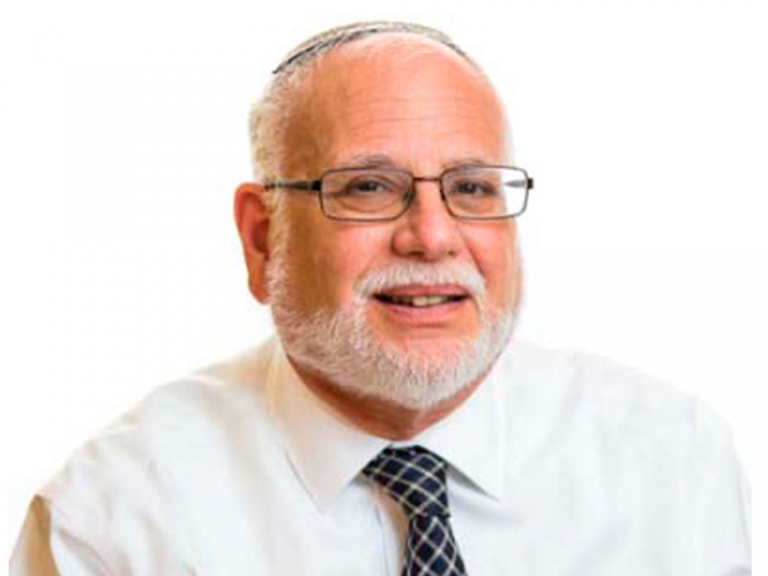D'var Torah by Dr. Kalman Stein, Head of School

Dear Hebrew Academy Community:
Rav Soloveitchik, as summarized by Rabbi Menachem Genack in Yeshiva University’s MiTokh HaOhel, offers us a beautifully meaningful insight into Parashat Kedoshim.
Our Parasha begins with God’s instruction to Moshe to tell the Children of Israel
קדשים תהיו כי קדוש אני ה" אלקיכם –
You shall be holy for holy am I, Hashem, your God.
The Midrash offers a puzzling comment: “My holiness is different from yours.” Would anyone imagine that we humans can rival God’s holiness, that mortal, finite creatures could achieve the sanctity of the Almighty? What is this Midrash meant to teach us?
Ramban pointed out that each of the Ten Commandments is paralleled by a statement in Parashat Kedoshim. For example “You shall not swear falsely by my name” parallels the third commandment: “You should not take the name of the Lord, your God, in vain.” You shall not sit idly by the blood of your neighbor” parallels the commandment of לא תרצח. Both the Ten Commandments and the commandments given by Moshe in our Parasha were given publicly before the entire nation. (See the first Rashi in our Parasha: This was said in assembly because it included most of the basic principles of the Torah). There is, however, a significant difference: Each of the Ten Commandments was expressed in singular form—that is, for example, לא תרצח, not לא תרצחו. The Mitzvot of Kedoshim, on the other hand, were introduced in the plural form—that is, by קדשים תהיו (Be holy)—not by קדש תהיה.
Each Jew who stood at Har Sinai received the Ten Commandments as a member of the Jewish collective but each of us is required to observe the commandments as individuals. Even if there were only one Jew in the world he/she would be required to obey the Mitzvot. The validity of the commandments does not depend on societal confirmation. Even if the rest of humanity were to decide that murder is acceptable, each individual would still be obligated to follow the commandment, not the communal consensus. As the Rav wrote, the prohibition of murder did not become nullified at the ovens of Auschwitz.
The restatement of the commandments in plural form in Kedoshim refers to the obligations of the community and in each case more is demanded of the community than of the individual. The Ten Commandments forbid murder; in Kedoshim we are forbidden to stand idly by when harm is done to another. In the Ten Commandments we are commanded not to covet; in Kedoshim we are told to love one’s neighbor as oneself.
Loving-kindness is the essence of the ethical imperative. There must always be a “you,” the recipient of one’s kindness. But God is entirely independent of the universe. His holiness is manifest in His separation and isolation. The rabbis in our Midrash felt it necessary to tell us that God’s holiness is different from that of human beings because they feared that we might attempt to emulate Hashem’s holiness by being insulated, by cloistering ourselves from the temptations and potential cruelty of the world. They insisted that we achieve holiness in the plural form, that is, within the context of engagement and involvement with society. The reformulation of the Ten Commandments in the plural form tells us that only by involvement with our neighbors, by carrying their burdens, feeling their pain and rejoicing in their triumphs can we come close to God.
Shabbat Shalom,
Dr. Kalman Stein
Head of School

